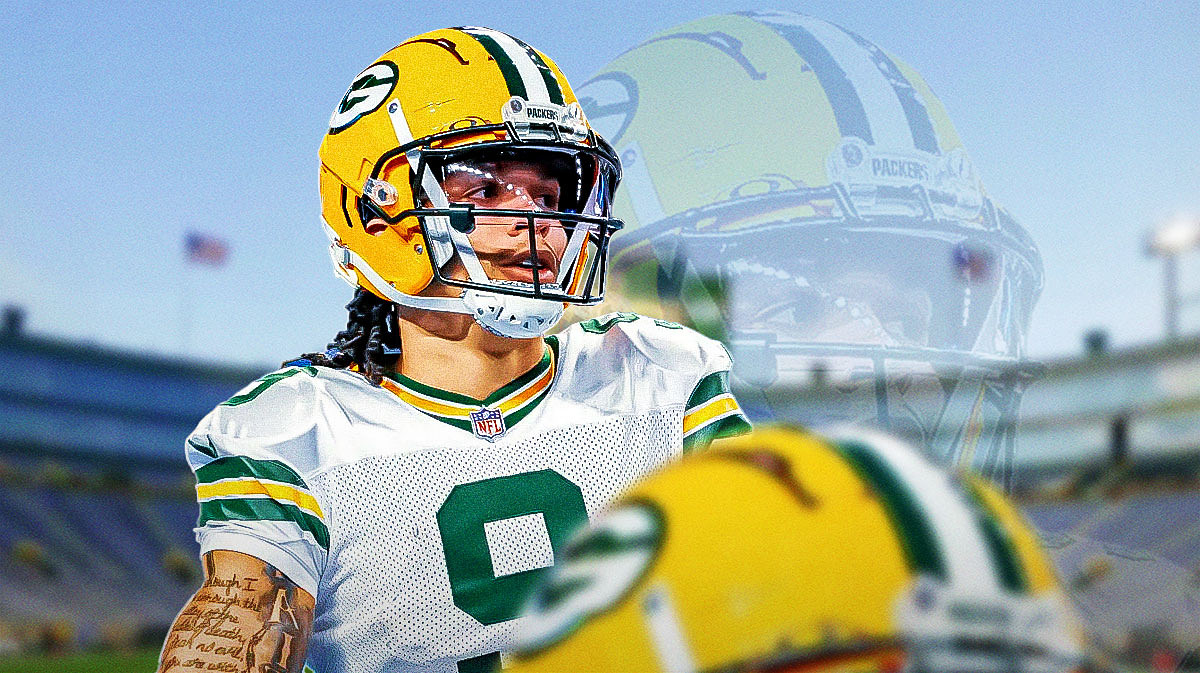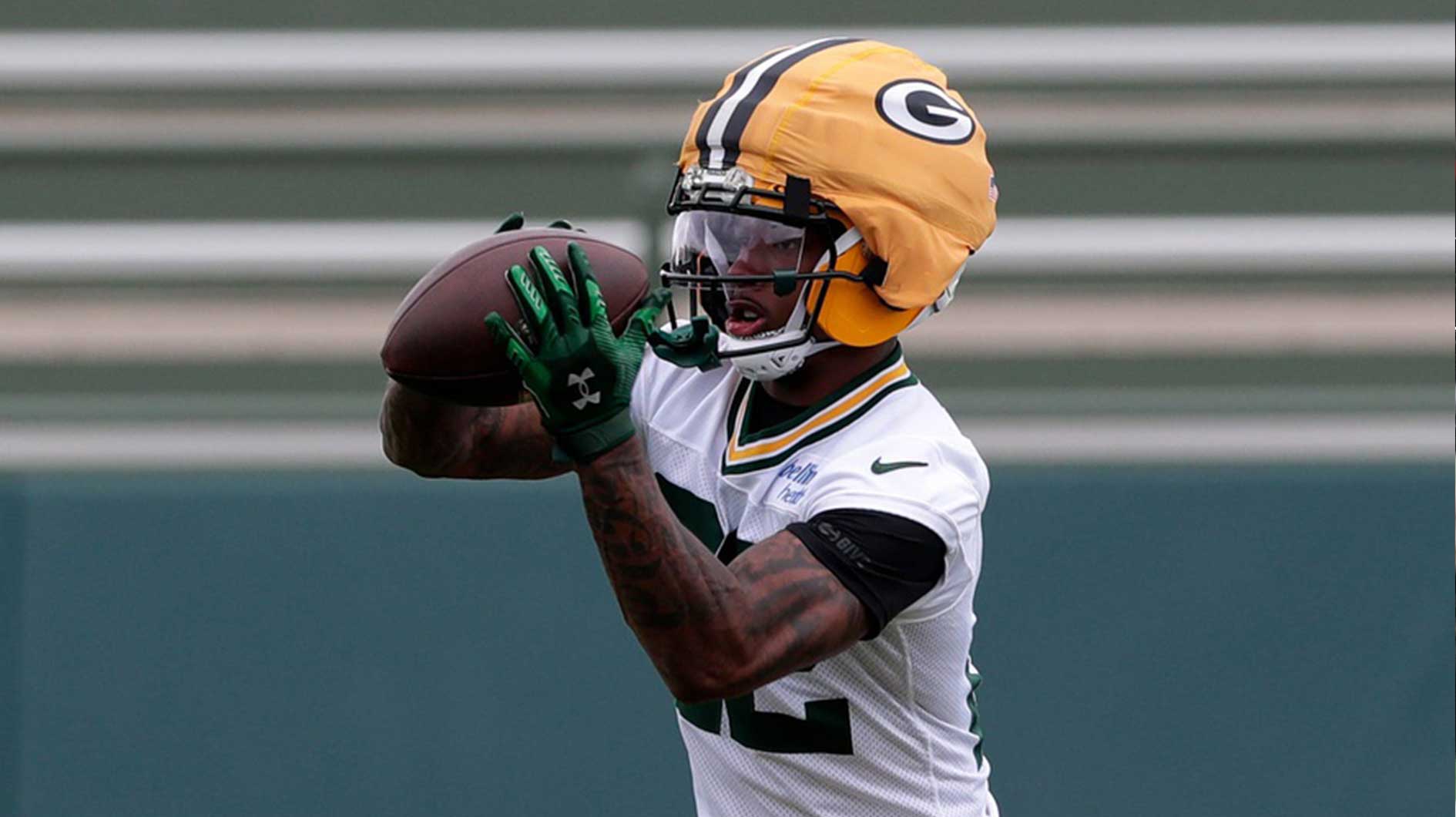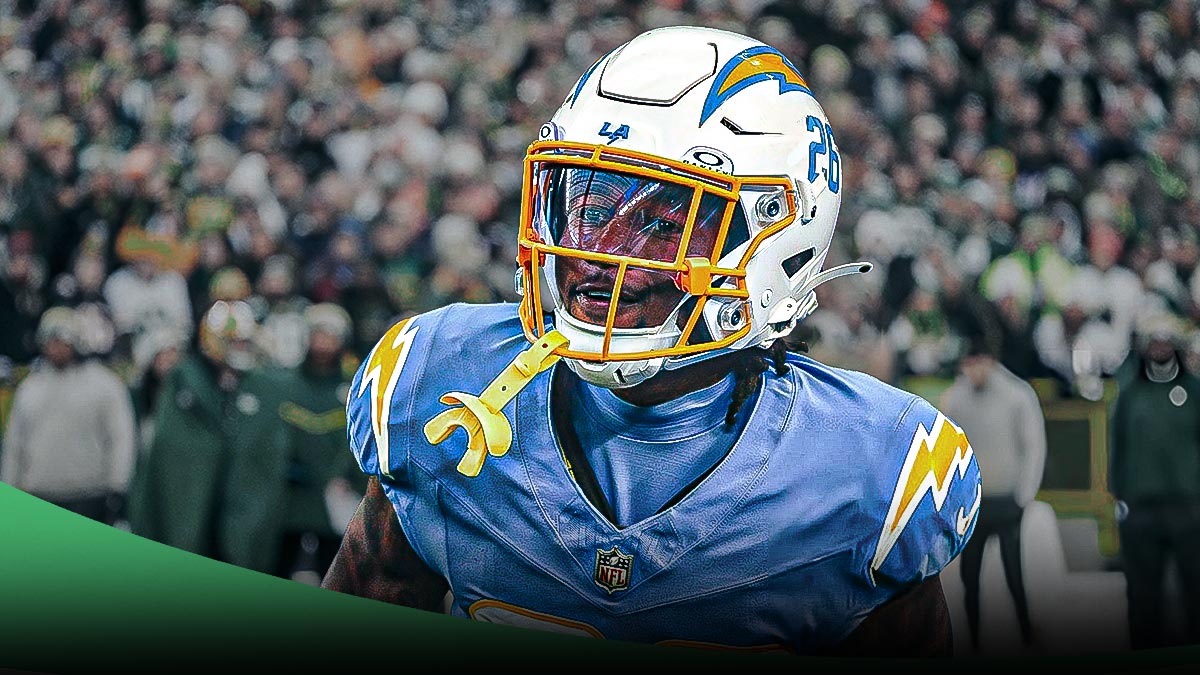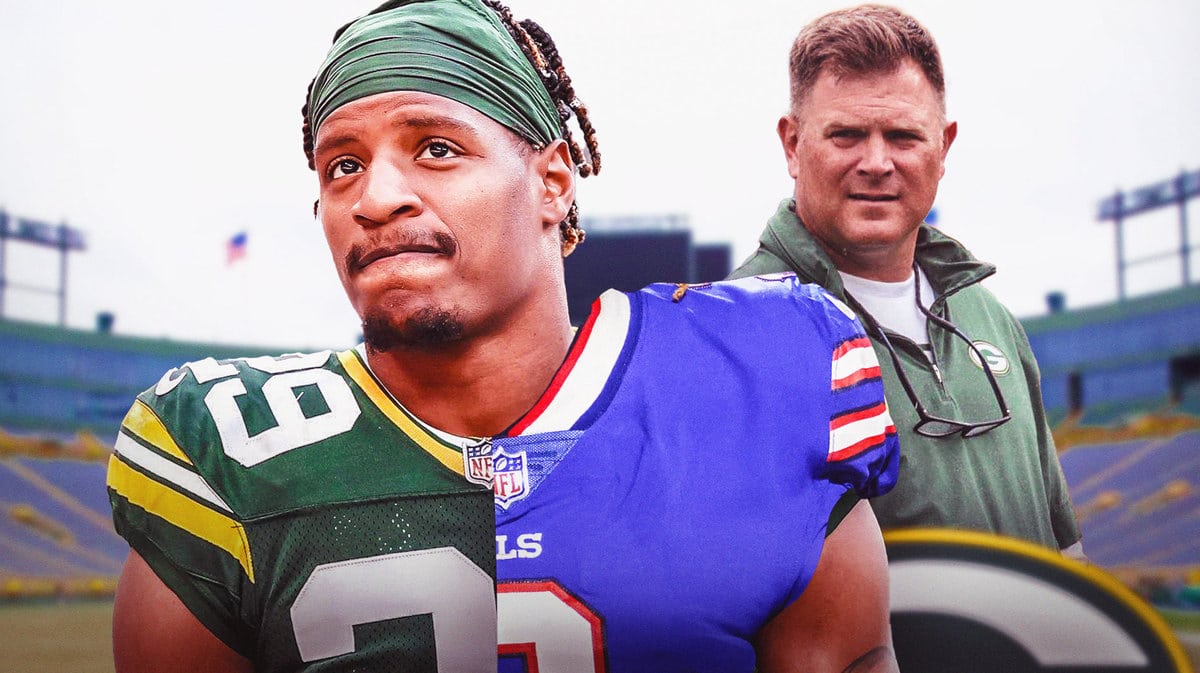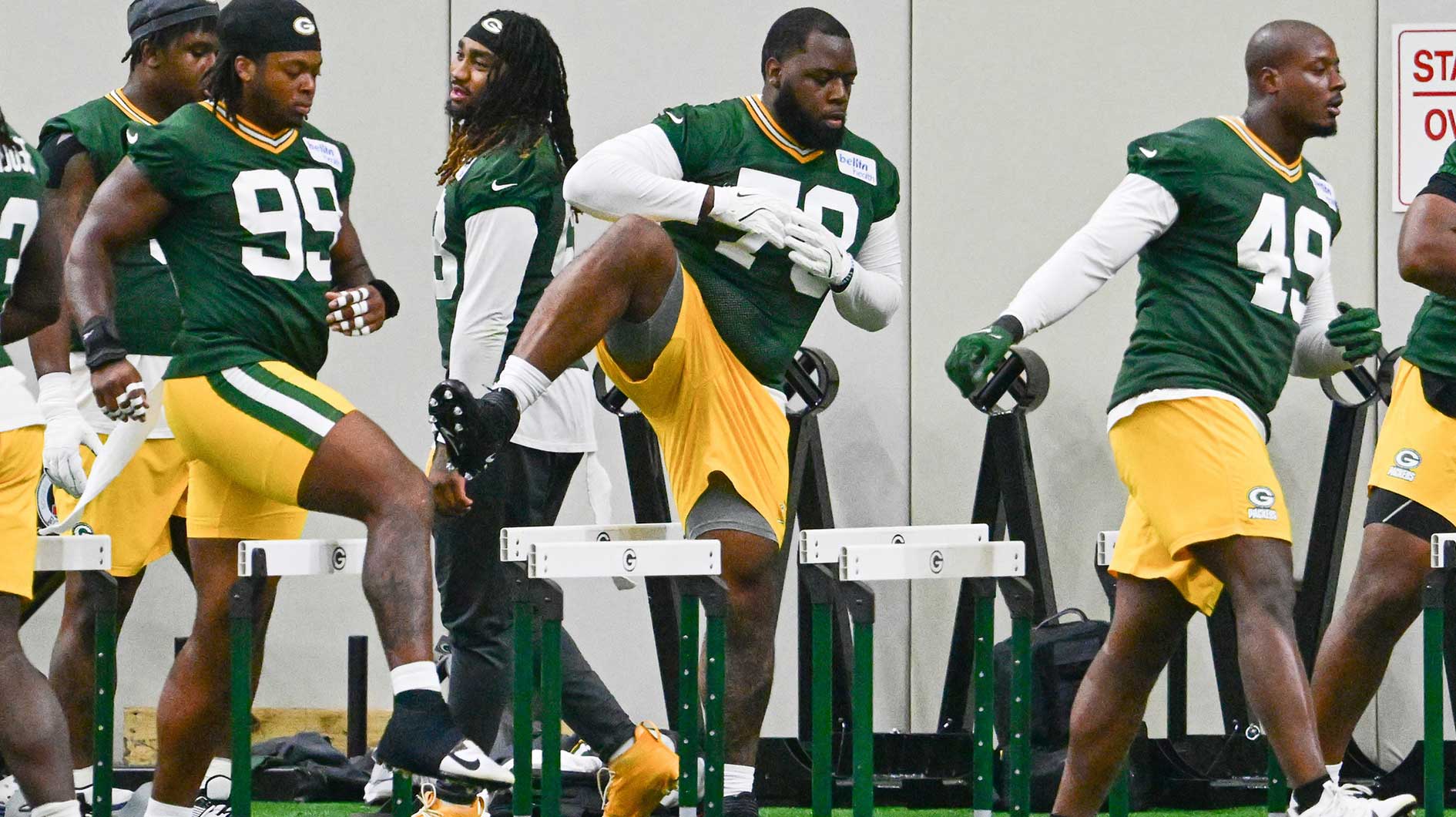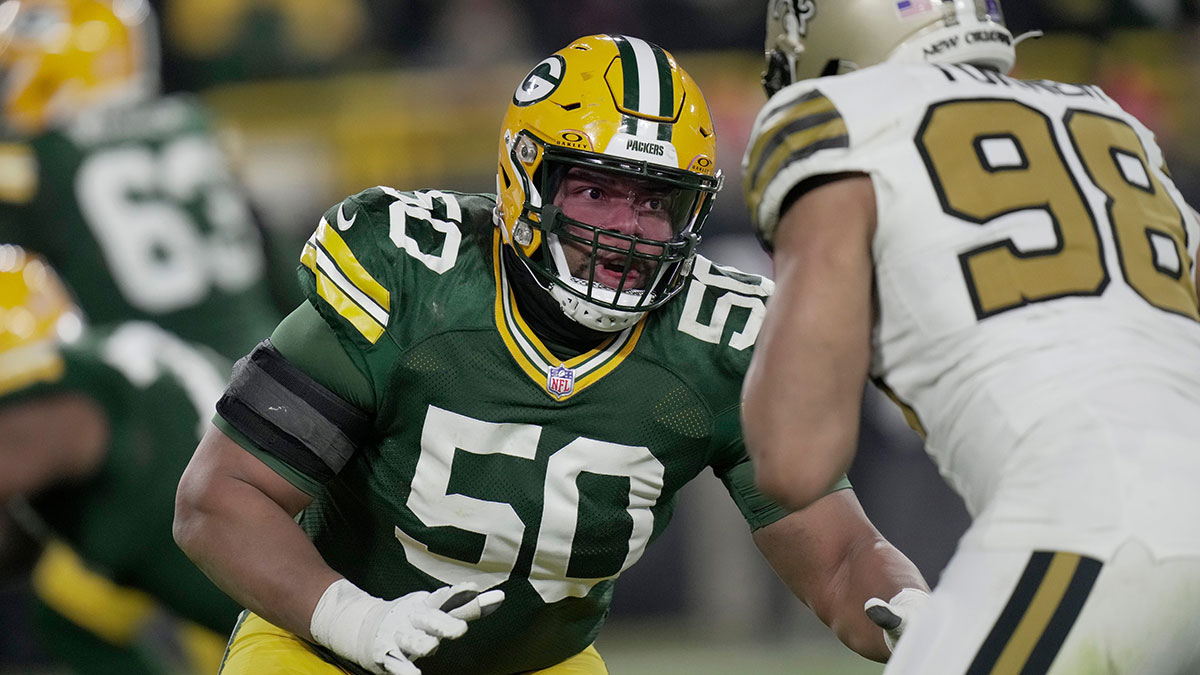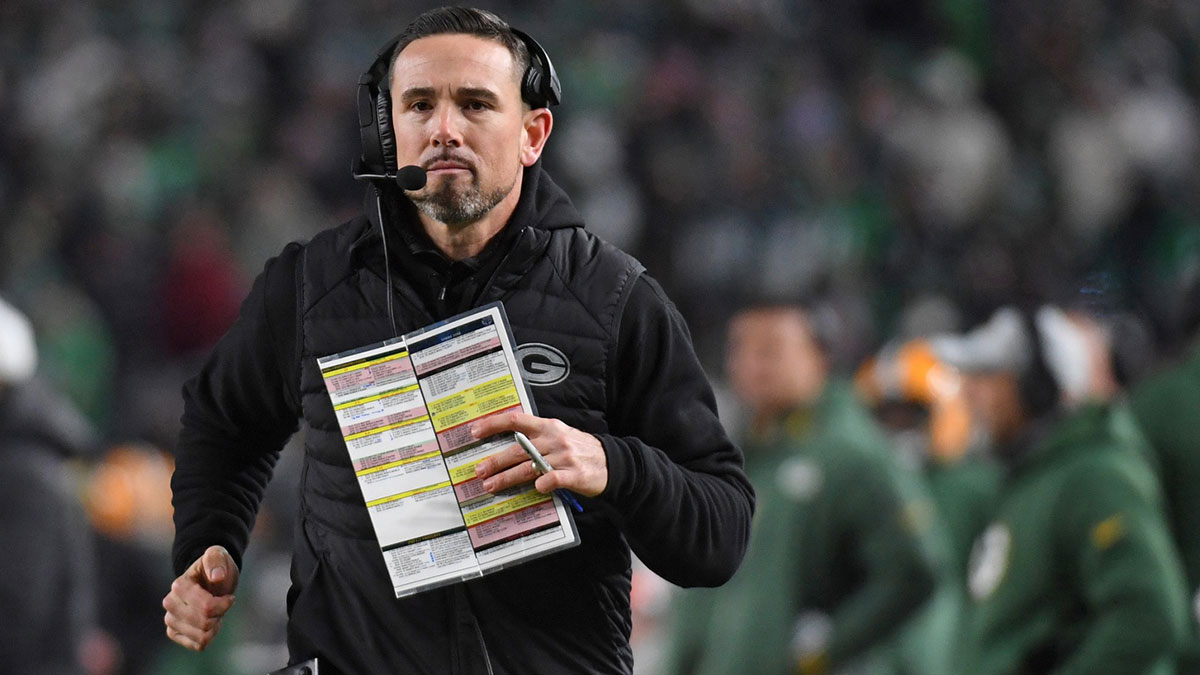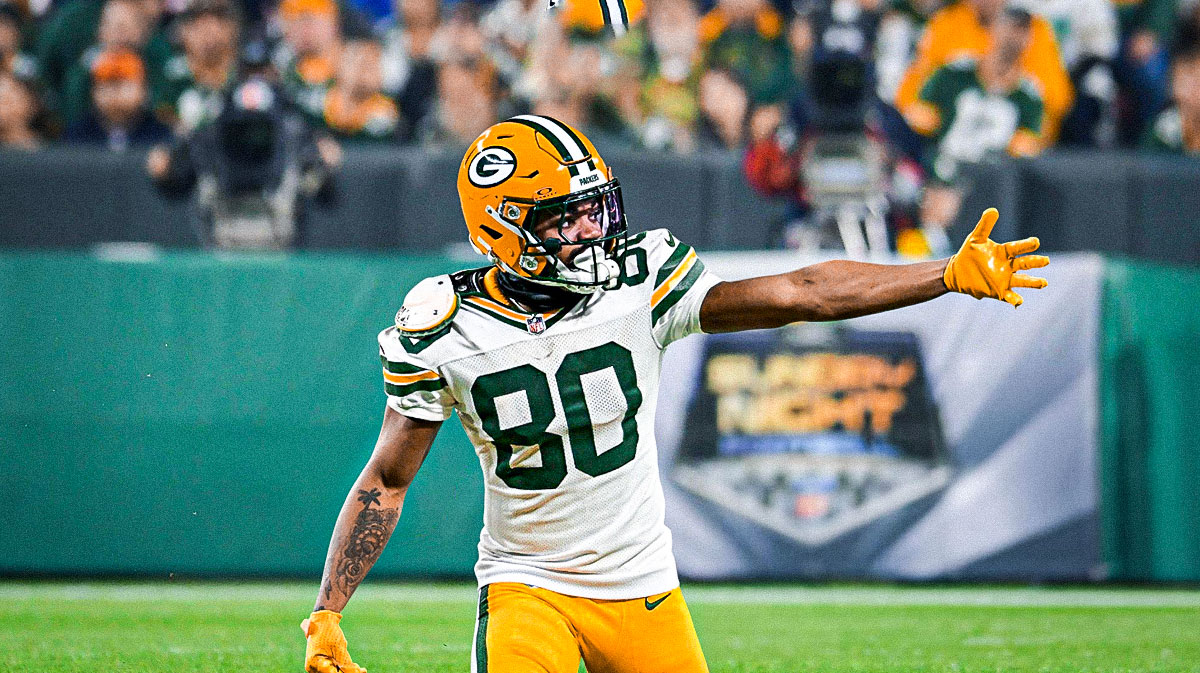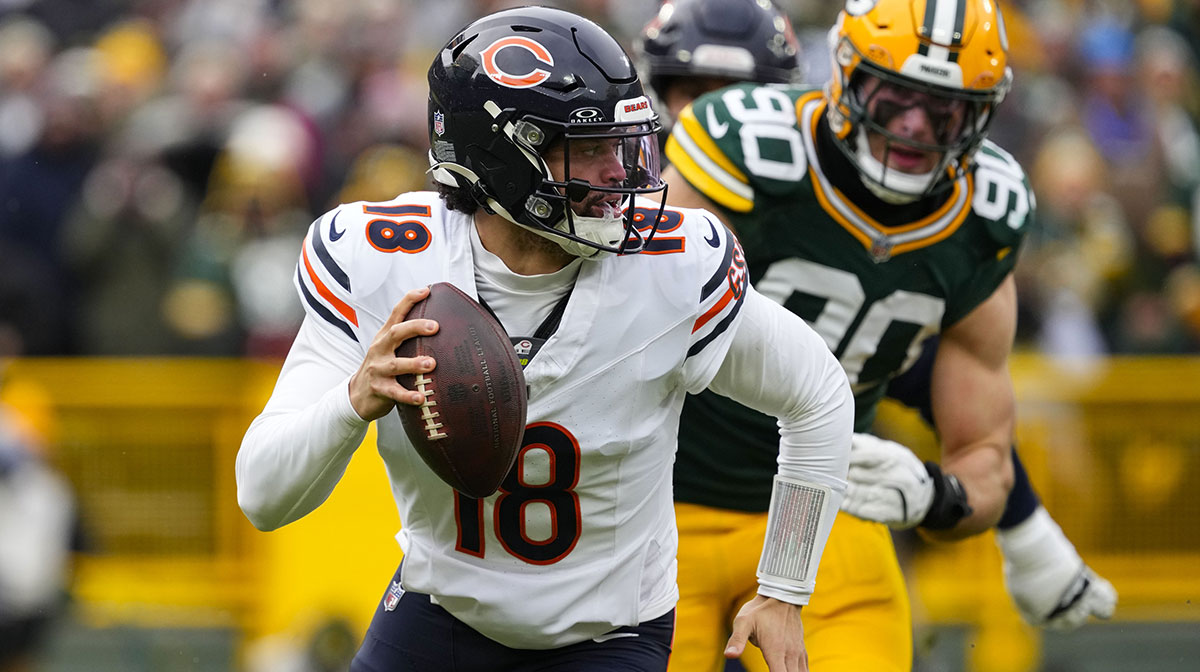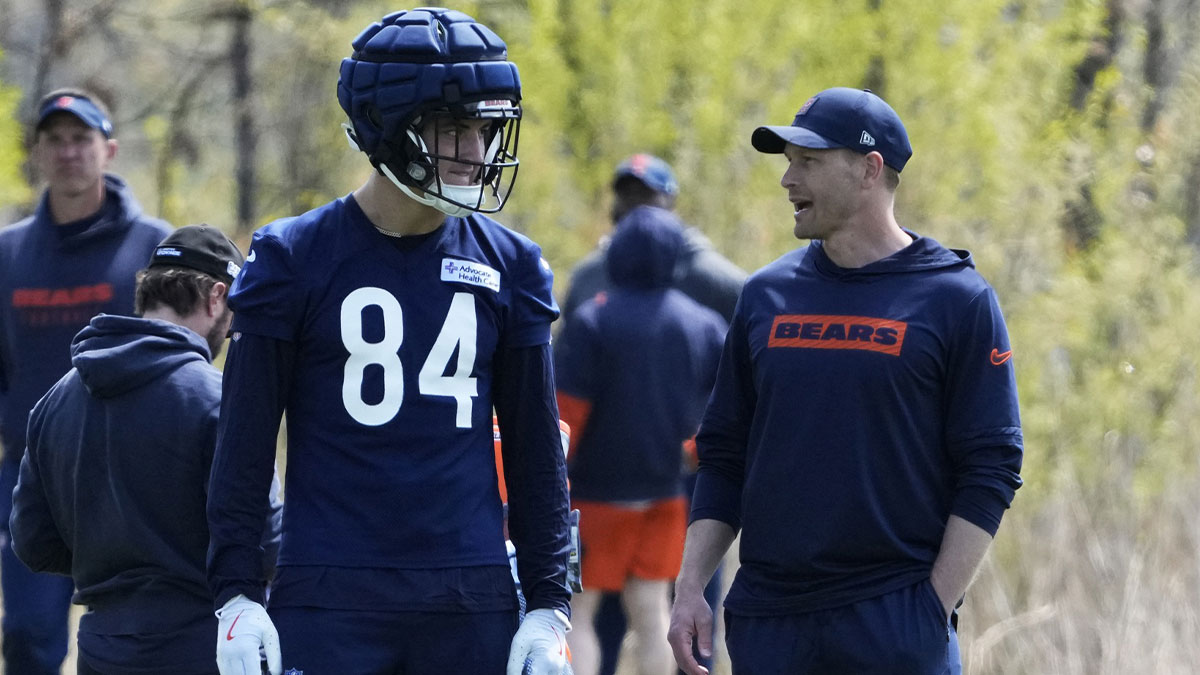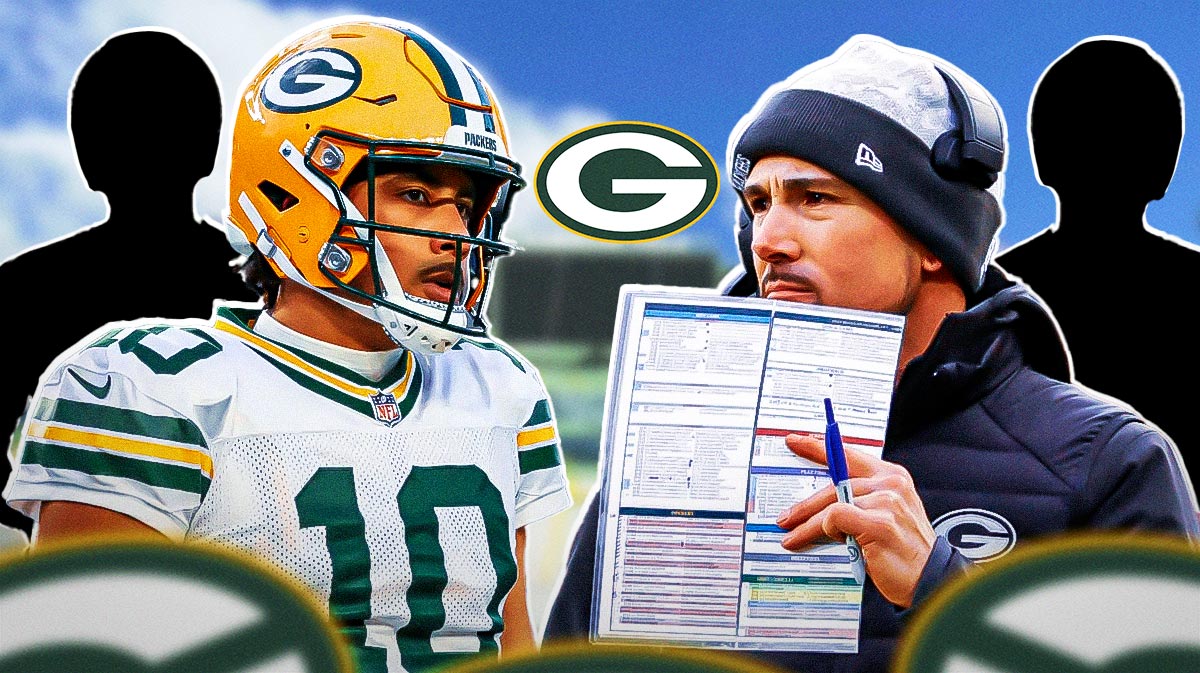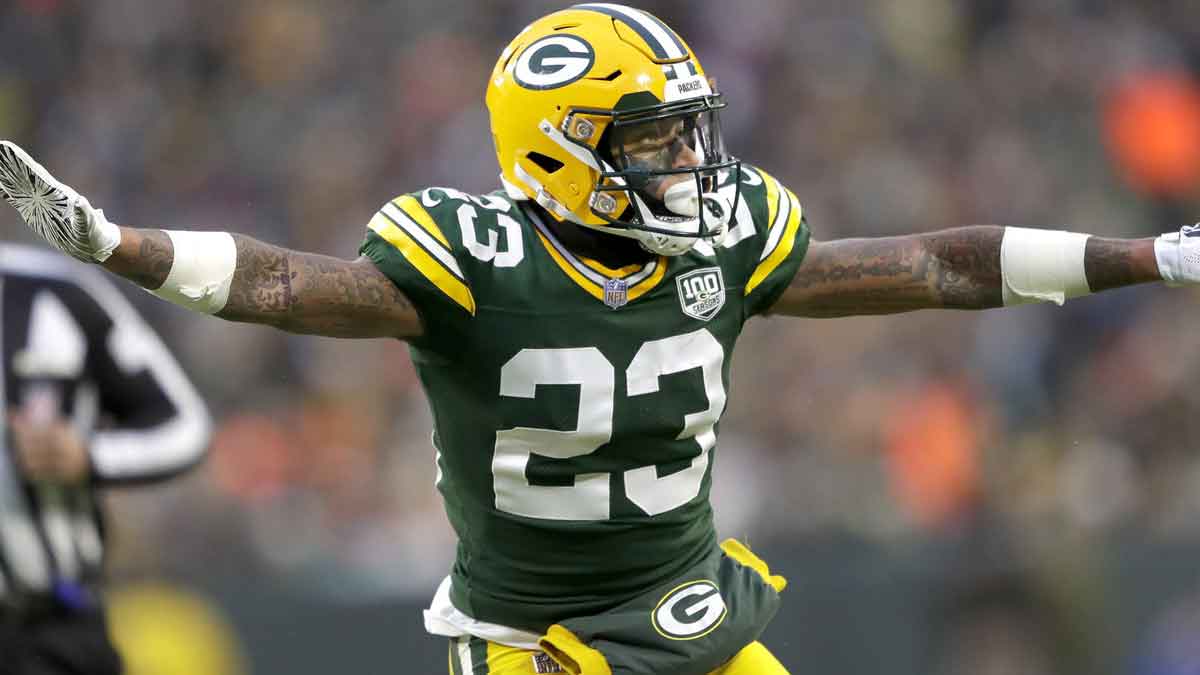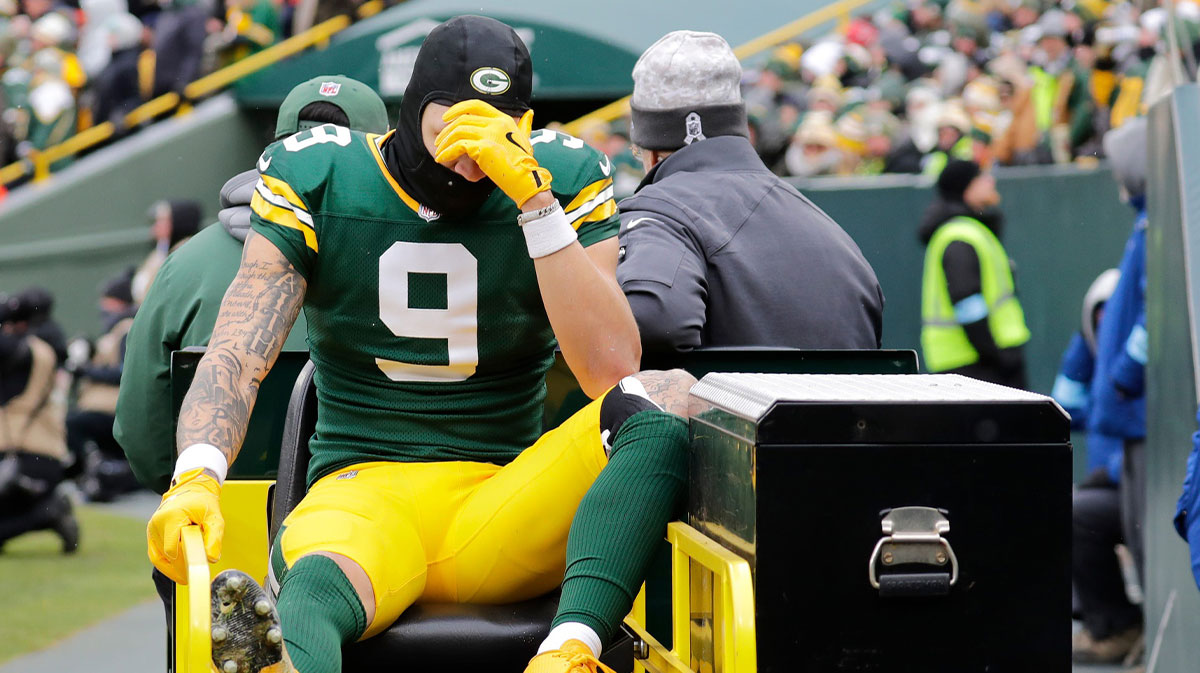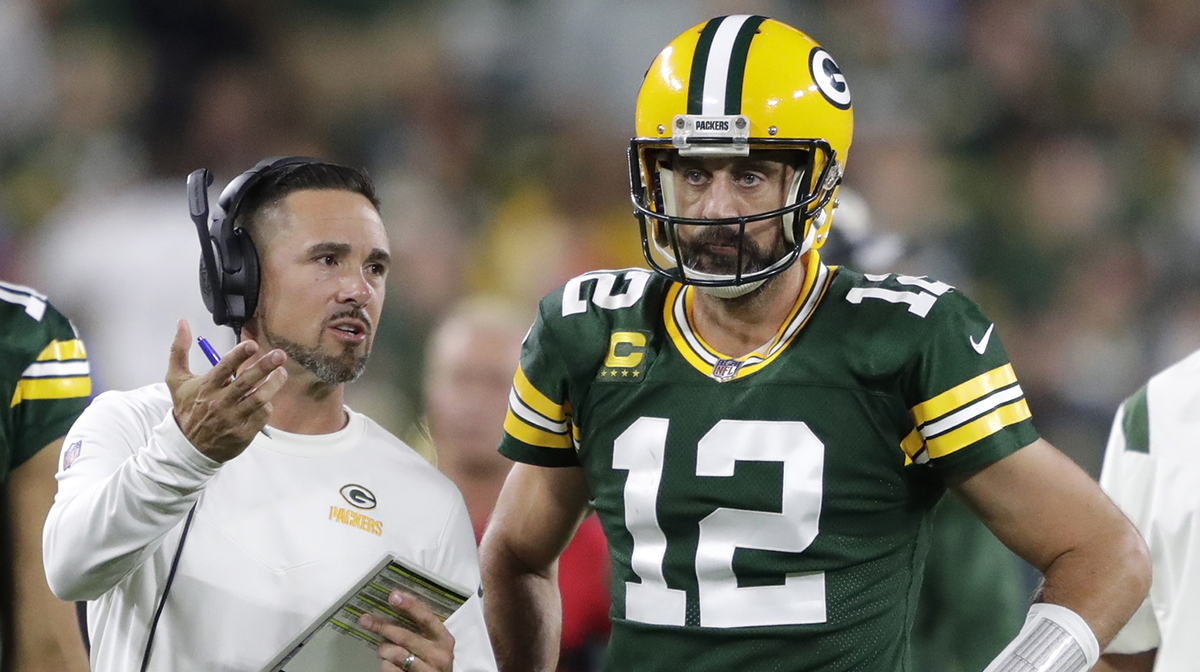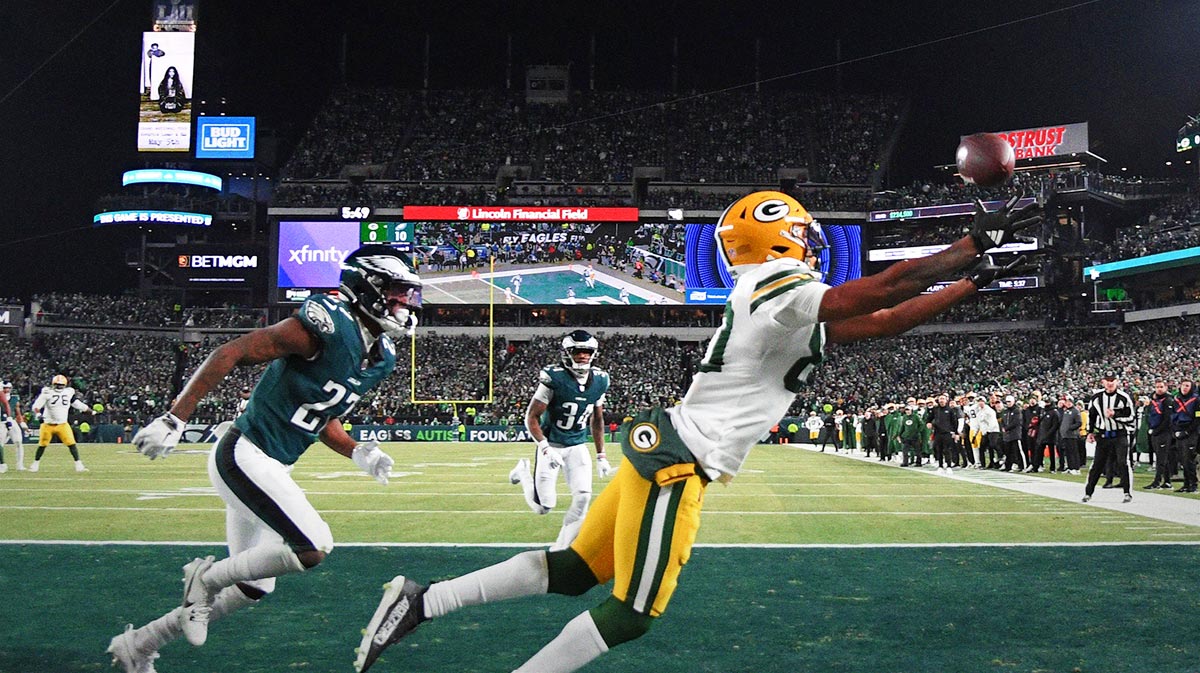The Green Bay Packers possess $20,460,042 in cap space this offseason. With so little space, Green Bay cannot afford to repeat the mistakes it has made in the past.
Early in the 2000s and in recent years, the Packers committed some of the worst free agent signings in franchise history. Specifically, these five stick out as times Green Bay totally missed the target.
5. Mark Roman, S
The Cincinnati Bengals drafted Roman with the 34th pick in the 2000 NFL Draft. Roman started out as a cornerback, but he gradually transitioned to safety. The LSU product became a full-time starter in 2003, one year before joining the Packers.
While Roman did register 3.5 sacks in his first season with the Packers, he played terribly. Roman could not execute Green Bay's coverages and registered a measly two passes defensed. He did not intercept a pass.
In 2005, Roman skipped Green Bay's training camp. The following year, he demanded to be released when the team signed fellow safety, Marquand Manuel. Green Bay complied, and Roman finished his career with the San Francisco 49ers.
4. Adrian Klemm, G
In his first year as Green Bay's general manager, Ted Thompson targeted Klemm. From the start, the 2005 signing appeared peculiar. In his first five seasons, Klemm played for the New England Patriots. He appeared in only 26 games, making ten starts.
The second round pick dealt with too many injuries and never became a full-time starter in New England. Yet, Thompson believed Klemm could take over at left guard for Mike Wahle.
Well, Wahle signed with Carolina in free agency and made his first Pro Bowl that year. Klemm appeared in all 16 games for Green Bay, but he only made eight starts. No Packer rushed for more than 600 yards, and Brett Favre threw 29 interceptions to 20 touchdowns.
Following the season, Klemm vanished from the NFL landscape.
3. Jimmy Graham, TE
At one time, Graham and Rob Gronkowski stood eye to eye. During the first five seasons of his career, Graham embarked on a Hall of Fame trajectory with the New Orleans Saints. However, the former basketball player left New Orleans in search of a larger payday. Separated from Drew Brees, Graham declined.
After three up and down seasons with the Seattle Seahawks, Graham signed a three-year, $30 million contract with Green Bay in 2018. The team hoped Graham could recapture his All-Pro form at the receiving end of Aaron Rodgers' passes. That didn't happen.
In 2018, Graham averaged fewer than 40 receiving yards per game for the third time in his career. He finished the season with 55 receptions for 636 yards and a career-low two touchdowns. Graham sunk even lower this past season, producing only 38 receptions, 447 yards, and three scores.
The Packers could wiggle their way out from under Graham's contract this offseason at the cost of $3,666,668 in dead cap.
2. Martellus Bennett, TE
Graham might be disappointing, but Bennett's signing backfired in humiliating fashion. He made a strong case for the top spot on this list.
The Dallas Cowboys drafted Bennett in the second round of the 2008 NFL Draft. Bennett flunked out of Dallas after four seasons and spent one mildly productive season with the New York Giants before joining Chicago. Bennett flourished with the Bears, and he made the Pro Bowl in 2014.
After three seasons, Bennett joined the New England Patriots and won a Super Bowl in 2016. He finished the season with 55 receptions, 701 yards, and seven touchdowns.
The Packers expected a borderline Pro Bowler when they signed Bennett to a three-year deal worth $20.25 million in 2017. Instead, Bennett didn't last a season. The team waived him on November 8, and Bennett retired after the season. He recorded 24 receptions and 233 yards in seven games with Green Bay.
1. Joe Johnson, DE
During the 2002 offseason, the Packers swung and missed hard on Johnson. The 14th overall pick in the 1997 NFL Draft, Johnson developed into a Pro Bowl player by his mid-20s. While he missed the entire 1999 season with a knee injury, Johnson tallied 44 sacks in the six years before he joined in Green Bay.
Johnson recovered well from his knee injury, winning Comeback Player of the Year in 2000. He recorded a career-high 12 sacks and made his second Pro Bowl. Johnson followed arguably his best season with a nine-sack performance in 2001. The Packers jumped at the chance to sign the Louisville product.
Green Bay signed Johnson to a six-year, $33 million deal that came with a $6.5 million signing bonus. Over the next two seasons, Johnson appeared in only 11 games and managed just two sacks. The Packers tossed him aside after the 2003 season.

